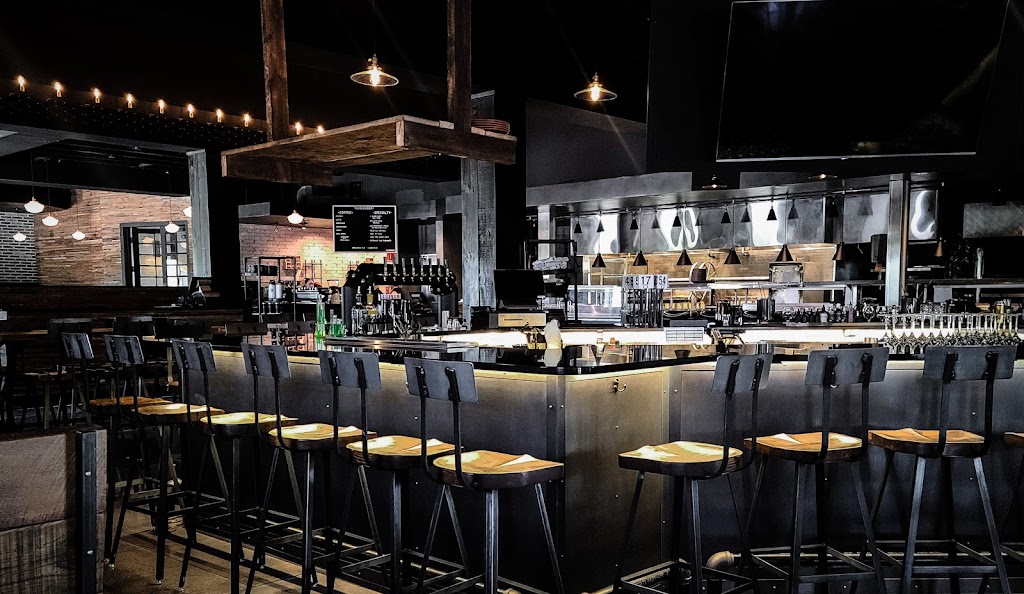
It attends to the ways that autistic self-narratives are framed, and how they suggest the 'emergence of alternative strategies of nonnormative living" that include writing itself (Grossman 2019). This article reads the autobiographical writings of Packham, Greta Thunberg and Mukhopadhyay in terms of intra-action between humans and their environments. This box was created thanks to the suggestion of some chefs who said, if you make a box of scratch and dent random fruit and veg that is totally good still. These difficulties are often key to understanding their author's self-stories. This is particularly the case when we recognize that autistic lives are manifold and involve difficulties that are highly individual. Whether environmental discourse frames autistics as symbols of toxic practices such as vaccination (see Gibbons 2017) or as 'exemplary neurotypes' (Duan et al 2018) enabled by their autism to deliver us from collective environmental threat, this contributes to the silencing of autistic experience. This downplays the importance of experimental life writing by autistic authors which displays self-awareness and sensitivity to preconceptions about autism. Ironically, autistic writers who describe affinity with non-human nature are seen as having an innate (hence unreflective and naïve, in Schiller's sense) ecocentrism.

Life writing by autistics including Chris Packham (2018) and Tito Rajarshi Mukhopadhyay (2008) demonstrates an awareness that human experiences of the non-human world are intra-active and constantly changing (Alaimo 2010).

This means that he or she is represented as narcissistic and a-social rather than 'ecocentric', with an interest in the 'mechanical aspects of the environment'. The historical construction of autism since the early 20 th century has retained a focus on deficient 'interest in people, severe impairments in communication and bizarre responses to the environment' (DSM III). Along with some staff shortages and the average hiccups of opening a new restaurant, the food-hall concept didn't fare well.Autism, life writing, materialism, misfitting, human-environment interaction Abstract If they had reservations for the full-service restaurant they were confused as to why they couldn't order menu items from other parts of the restaurant and vice versa.
Misfits collective full#
On October 22, he reopened as Mezcalito Butcher, a full service restaurant with a different menu and concept.Īn ambitious project for a suburban eatery, The Misfits Collective, according to Donatell, had patrons trying to check off all the boxes of the restaurant's offerings in just one visit - some customers were confused as to why they couldn't mix and match.

Different areas of the space were dedicated to different food concepts - a coffee shop, a cocktail bar, an outdoor bar area and a full service restaurant. This summer Donatell opened Misfits Collective as a food hall-esque operation in a former Cowboy Jack's. Take Tony Donatell's Apple Valley restaurant, formerly known as Misfits Collective, now Mezcalito Butcher. While diners continually change their eating and dining habits as some re-emerge from a year-and-a-half of staying home and eating in, reinvention remains requisite for our local eateries. 5-Restaurants have had to stealthily adapt to the uncertainty of running a business during the pandemic to stay relevant and afloat.


 0 kommentar(er)
0 kommentar(er)
